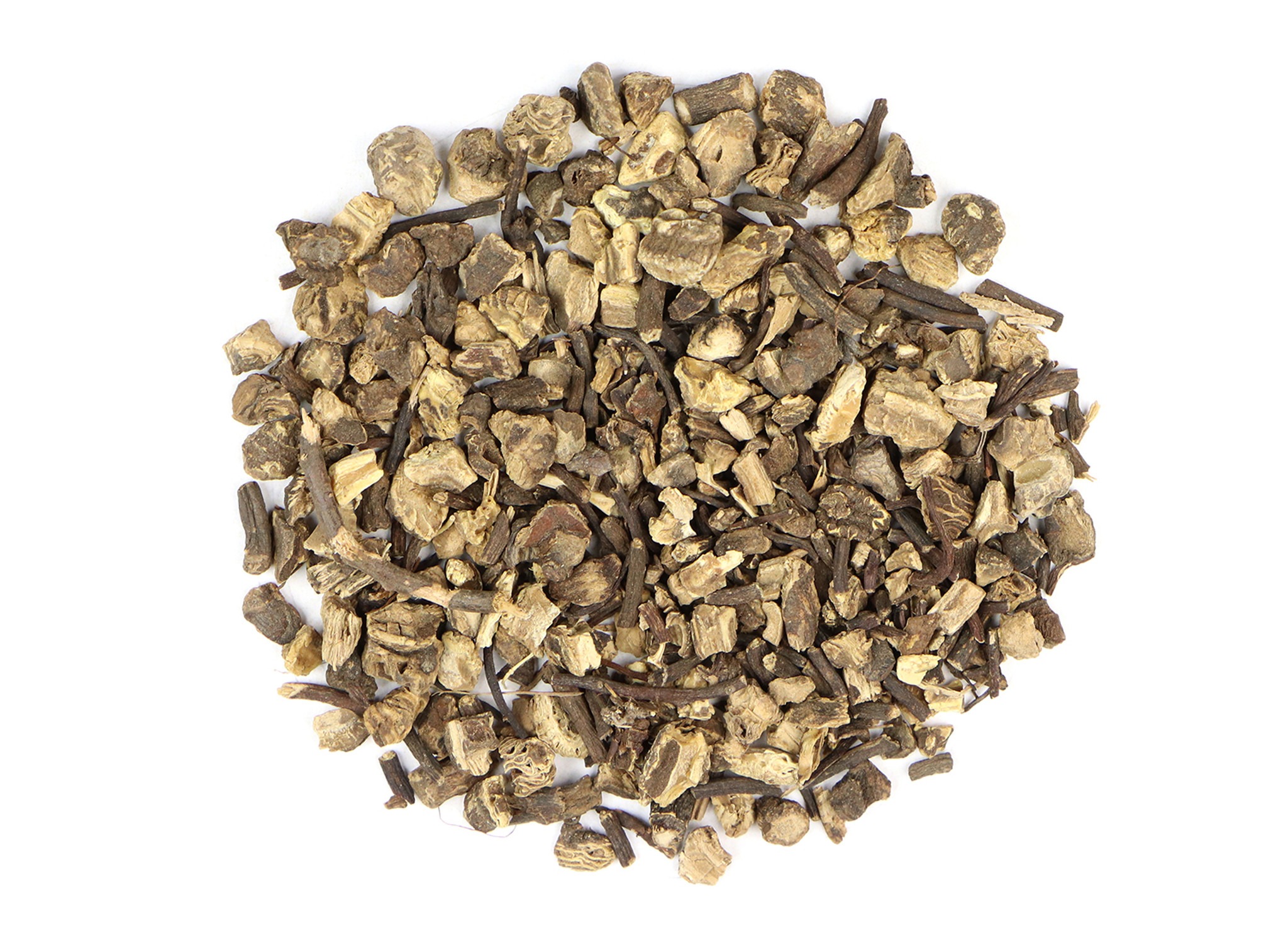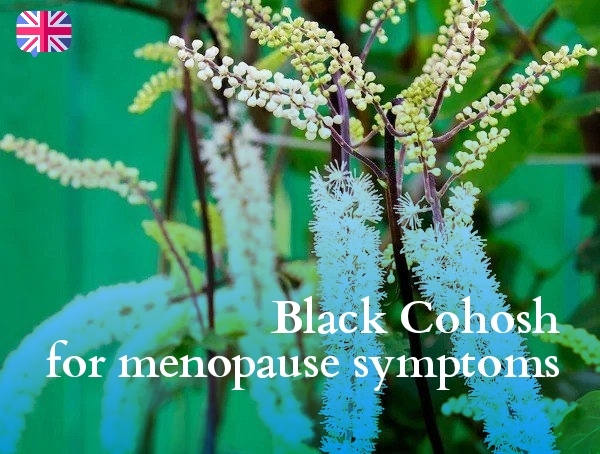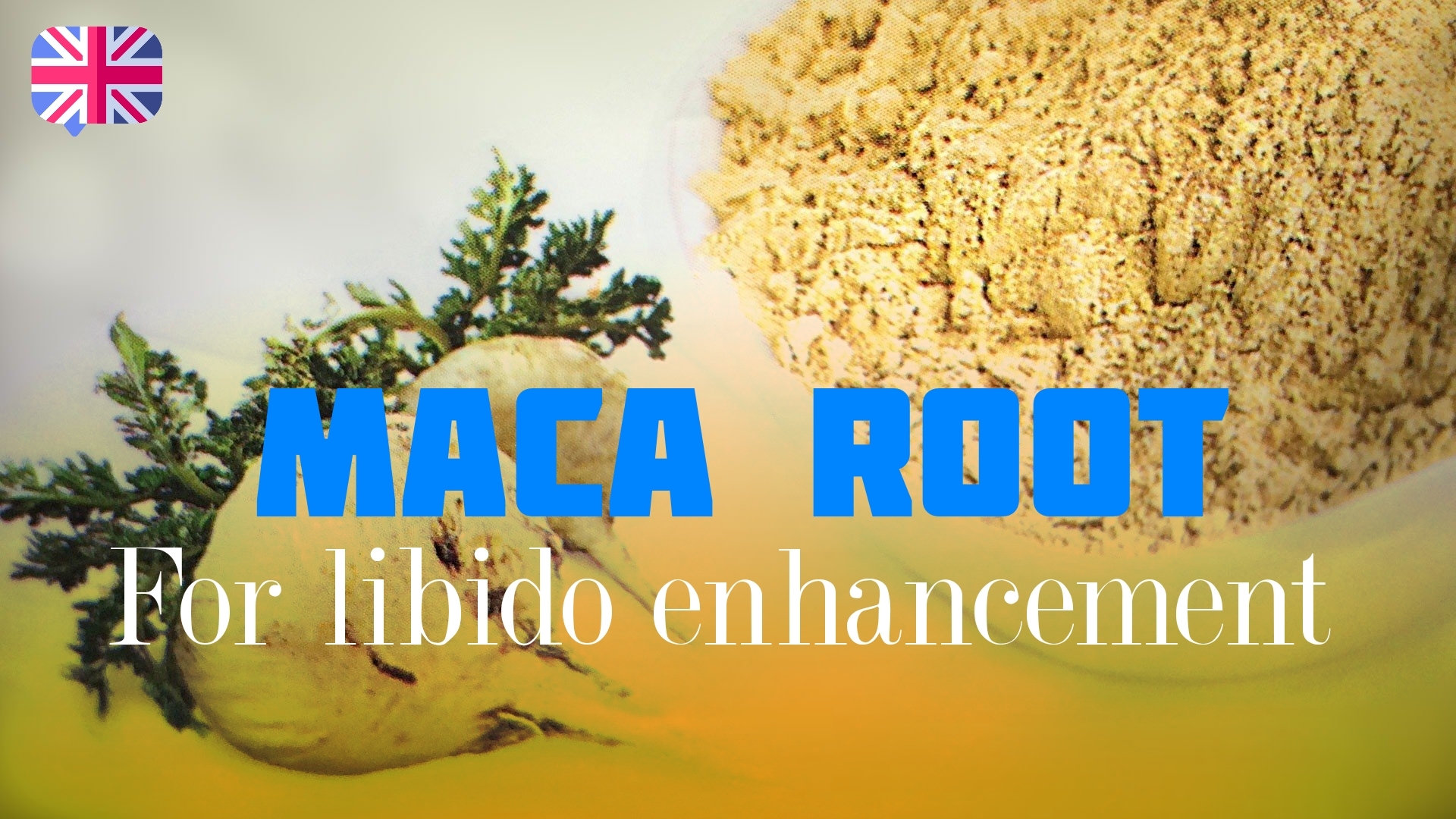HERB - Introduction to the Versatility and Benefits of Herbs
Black Cohosh: An Alternative Treatment for Menopause Symptoms
Menopause is a natural transition in a woman’s life that marks the end of reproductive years. While it is a natural process, it can be accompanied by a variety of unpleasant symptoms that can significantly affect a woman’s quality of life. These symptoms include hot flashes, night sweats, mood swings, vaginal dryness, and more.
While hormone replacement therapy (HRT) is a popular treatment for menopausal symptoms, it is not suitable for all women due to potential risks and side effects. Alternative treatments, such as black cohosh, have gained popularity as a natural remedy for menopausal symptoms. In this article, we will explore the medicinal uses of black cohosh, how to use it, and its potential benefits and risks.
What is Black Cohosh?
Black cohosh (Cimicifuga racemosa) is a herb that is native to North America and has a long history of use in traditional medicine for women’s health issues, including menopause. The roots and rhizomes of the plant contain active compounds, such as triterpene glycosides, flavonoids, and resins, that are believed to have medicinal properties. Black cohosh is available in different forms, including capsules, tablets, extracts, and teas.
Medicinal Uses of Black Cohosh
Black cohosh has been used for centuries as a natural remedy for menopausal symptoms, as well as other women’s health issues. Some of the most common medicinal uses of black cohosh include:
- Menopausal symptoms: Black cohosh is commonly used to treat hot flashes, night sweats, mood swings, and other menopausal symptoms. It is believed that the active compounds in black cohosh can help regulate hormone levels and reduce the severity and frequency of these symptoms.
- Premenstrual syndrome (PMS): Black cohosh may also be used to alleviate symptoms of PMS, such as mood swings, bloating, and breast tenderness.
- Menstrual cramps: Black cohosh may help reduce the severity and duration of menstrual cramps by relaxing the muscles of the uterus.
- Osteoporosis: Black cohosh may help prevent bone loss and reduce the risk of osteoporosis, a condition that is common in postmenopausal women.
How to Use Black Cohosh

Black cohosh is available in various forms, and the recommended dosage may vary depending on the form and concentration of the product. It is always advisable to follow the instructions on the product label or consult a healthcare professional before using black cohosh. Some common ways to use black cohosh include:
- Capsules or tablets: Black cohosh capsules or tablets can be taken orally with water. The recommended dosage may vary, but it is typically between 20-80 mg per day.
- Extracts: Black cohosh extracts are available in liquid or solid form and can be added to water or other beverages. The recommended dosage may vary, but it is typically between 20-40 drops or 2-4 mL of liquid extract per day.
- Tea: Black cohosh tea can be made by steeping 1-2 teaspoons of dried root or rhizome in a cup of hot water for 10-15 minutes. It is recommended to drink up to three cups of tea per day.
Potential Benefits of Black Cohosh
- Relief of Menopausal Symptoms: Black cohosh is a popular alternative to hormone replacement therapy (HRT) for the relief of menopausal symptoms. Several studies have shown that black cohosh can effectively reduce the frequency and severity of hot flashes, night sweats, and other menopausal symptoms.
- Premenstrual syndrome (PMS) is a common condition that affects many women of reproductive age. Symptoms can include mood changes, cramps, bloating, and breast tenderness, among others. While black cohosh is commonly used to alleviate menopause symptoms, there is limited research on its effectiveness for PMS symptom relief.
However, some studies suggest that black cohosh may have potential benefits for PMS symptom relief. For example, a small study published in the Journal of Women’s Health and Gender-Based Medicine found that black cohosh extract improved overall PMS symptoms in a group of women when compared to a placebo group.
Another study published in the Journal of Alternative and Complementary Medicine found that a combination of black cohosh and St. John’s wort improved PMS symptoms, including depression, anxiety, and fatigue.
While these studies suggest that black cohosh may have some benefits for PMS symptom relief, more research is needed to fully understand its effectiveness. Additionally, it’s important to note that black cohosh may have potential side effects, and it’s important to consult with a healthcare provider before using it for any purpose.
Overall, while black cohosh may have some potential benefits for PMS symptom relief, it’s important to consider a comprehensive approach to managing PMS symptoms that includes lifestyle changes, such as regular exercise, a healthy diet, and stress management techniques. Additionally, other natural remedies, such as magnesium, vitamin B6, and omega-3 fatty acids, may also be helpful in managing PMS symptoms.
Dosage and Side Effects
When taking black cohosh, it’s important to follow the recommended dosage. The typical recommended dosage for black cohosh is 20-40 milligrams of dried root or 1-2 milliliters of liquid extract per day. It’s important to note that the FDA has not established a recommended dosage for black cohosh, so it’s important to consult with a healthcare provider before taking it.
While black cohosh is generally considered safe, there are some potential side effects to be aware of. These may include stomach upset, headache, dizziness, and rash. Additionally, black cohosh has been linked to liver toxicity in some cases, so it’s important to be cautious when taking it and to consult with a healthcare provider if you experience any unusual symptoms.
Conclusion

Black cohosh is a natural alternative treatment that can be used to help alleviate menopause symptoms. While more research is needed to fully understand its medicinal properties, studies have shown that it can help reduce hot flashes, night sweats, and other symptoms associated with menopause. It’s important to consult with a healthcare provider before taking black cohosh, and to follow the recommended dosage to avoid any potential side effects.
If you’re interested in trying black cohosh for menopause symptoms, it’s important to keep in mind that it may take some time to see results. Additionally, it’s important to consider other lifestyle factors that may impact menopause symptoms, such as diet, exercise, and stress management. By incorporating black cohosh and other natural remedies into a comprehensive approach to menopause management, women can experience relief from symptoms and improve their overall health and wellbeing.











